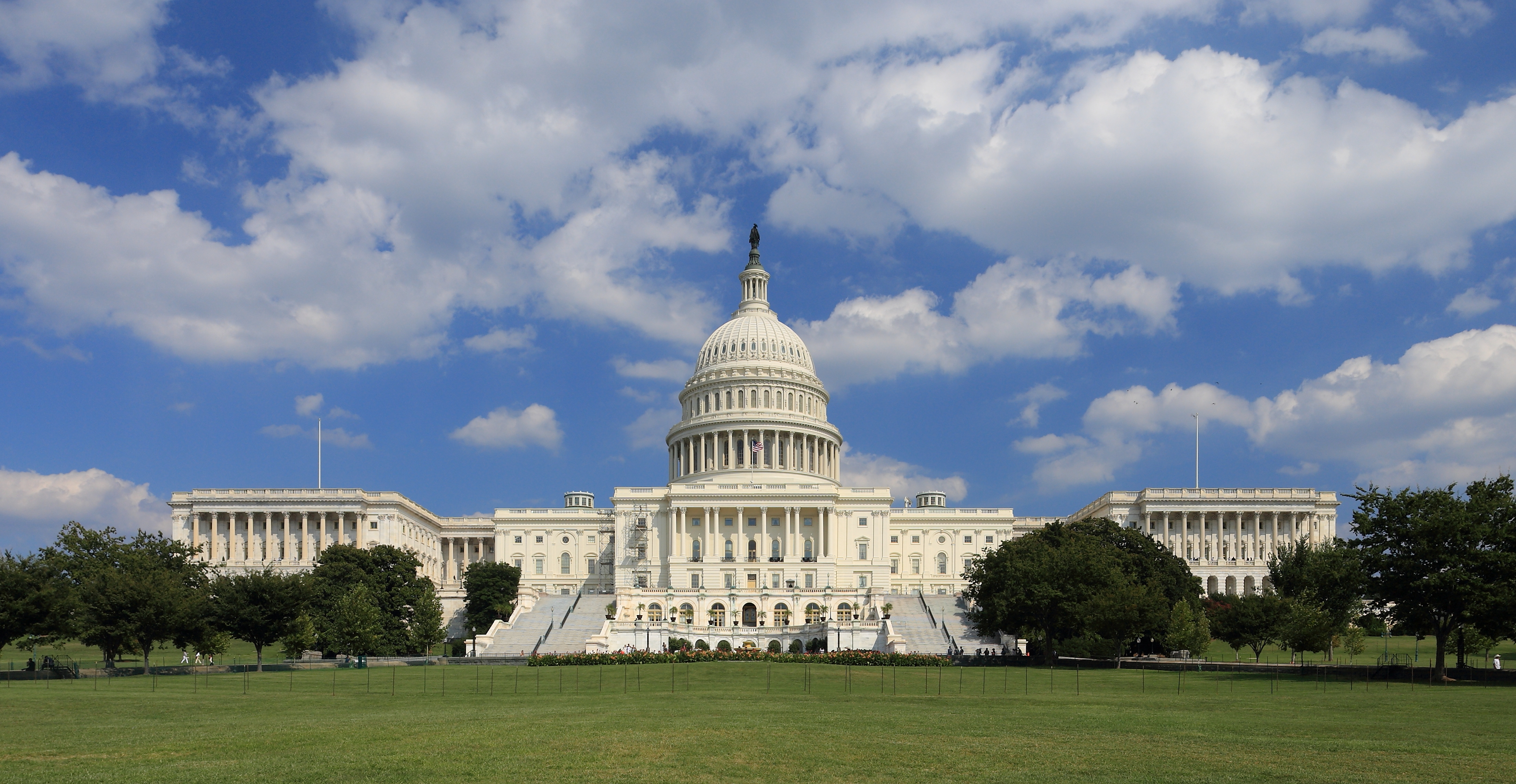 Legislation passed during the first three months of the 115th Congress pays disproportionate attention to entrepreneurship and innovation. McNair Center research shows that in a typical congressional session, less than 2 percent of legislation introduced is relevant to E&I issues. As of March 23, three of the ten bills that have become law during the 115th Congress directly address entrepreneurship and innovation.
Legislation passed during the first three months of the 115th Congress pays disproportionate attention to entrepreneurship and innovation. McNair Center research shows that in a typical congressional session, less than 2 percent of legislation introduced is relevant to E&I issues. As of March 23, three of the ten bills that have become law during the 115th Congress directly address entrepreneurship and innovation.
A focus on entrepreneurship and innovation issues does not alone make for effective policy. Of the three E&I bills that have become law, only one, the Tested Ability to Leverage Exceptional National Talent (TALENT) Act supports a proven program, the Presidential Innovation Fellows. The other two laws, the Promoting Women in Entrepreneurship Act and the Inspiring the Next Space Pioneers, Innovators, Researchers, and Explorers (INSPIRE) Act, are devoid of meaningful changes to public policy.
TALENT Act: Codifying a Proven Program
The TALENT Act is the most likely of the three bills to have real world impact. This bill, sponsored by Majority Leader Kevin McCarthy (R-CA23), codifies the Presidential Innovation Fellows program begun as an executive order under President Obama. This bill was part of McCarthy’s Innovation Initiative, a suite of legislation introduced in the 114th Congress. In an interview with Fortune, McCarthy described his goal for the initiative as, making government “effective, efficient and accountable.”
The McNair Center’s Julia Wang explains that Innovation Fellows are embedded in government agencies, working to effect internal change. Projects include making information about clinical trials for cancer drugs available to patients in a searchable website as part of the Cancer Moonshot, developing an interagency data portal for child welfare and creating Uncle Sam’s List, which enables government agencies to in-source services from other federal agencies.
Promoting Women in Entrepreneurship and Innovation
The lag in women’s participation in entrepreneurship and innovation is a matter worthy of public policy attention as the McNair Center’s Tay Jacobe details; however, the Promoting Women in Entrepreneurship Act and the INSPIRE Act do little to address these issues.
Women in the NSF I-Corps

The Promoting Women in Entrepreneurship Act directs the National Science Foundation to “encourage its entrepreneurial programs to recruit and support women.” The NSF’s premier entrepreneurship program is the Innovation Corps (I-Corps). I-Corps uses Steve Blank’s Lean Launchpad method to train NSF-funded scientists to turn their research findings into entrepreneurial ventures. Scientists who successfully complete the I-Corps program can receive additional support for their ventures. NSF’s Small Business Innovation Research/Small Business Technology Transfer (SBIR/SBTT) programs financially support I-Corps.
When the bill was debated during the 114th Congress, the bill’s sponsor, Representative Elizabeth Esty (D-CT5), and the bill’s cosponsors did not present any evidence that the current NSF programs were failing to enroll women scientists and engineers. A picture of the 2011 pilot I-Corps program on Steve Blank’s blog shows a mixed gender group, although women do appear to be in the minority.
Several premier research universities, including Rice University, host I-Corps programs. The federal government requires that all participating universities are in compliance with Title IX, which prohibits sex discrimination in educational programs, in order to receive funding.
Hidden Figures No More: Women in STEM at NASA
The INSPIRE Act directs NASA to continue support of three current initiatives. All of these programs seek to encourage girls and young women to pursue careers in STEM. Two of these initiatives—NASA Girls and NASA Boys and Aspire to Inspire—provide interested students with virtual contact with NASA mentors. The third—the Summer Institute in Science, Technology, Engineering, and Research (SISTER)—is a week-long program for middle school girls at Maryland’s Goddard Space Flight Center.
Sponsored by Representative Barbara Comstock (R-VA10), this legislation directs NASA to continue supporting these programs, but does not mention expansion. The INSPIRE Act did not appropriate funds to support these programs, but funds were appropriated for NASA’s Office of Education in the agency’s fiscal 2017 budget, which became law on March 21.
President Trump’s budget proposal for fiscal year 2018 eliminates funds for the NASA Office of Education , although NASA Acting Administrator Robert Lightfoot promises that the agency will “continue to use every opportunity to support the next generation through engagement in our missions and the many ways that our work encourages the public to discover more” even if funds are not appropriated for the Office of Education.
The INSPIRE Act requires NASA to submit a plan to Congress on outreach to women. This will encourage communication between female K-12 students and retired astronauts, scientists, and engineers. In the floor debate, both Comstock and cosponsor Esty cited the importance of visible role models in motivating young women to pursue STEM.
Nonetheless, the bill’s narrow scope will limit the effects of the INSPIRE Act. If Congress removes NASA Education Office funding in fiscal year 2018, INSPIRE, which received bipartisan support, will only result in a report on educational activities that the agency would have difficulty funding.
Impact
All three acts passed Congress with bipartisan support. This suggests a shared interest in furthering government innovation and expanding access to careers in entrepreneurship and STEM. This support also implies that political leaders are prioritizing action on the rapidly expanding high-tech, high-growth sector. This sector now accounts for one fifth of the U.S. economy.
Would Congress be willing to go beyond the limited scope of these bills to effect truly innovative public policy? Past congressional sessions have devoted little attention these issues. However, Majority Leader McCarthy’s Innovation Initiative, including all three of the discussed bills, suggests that this neglect will not continue.

